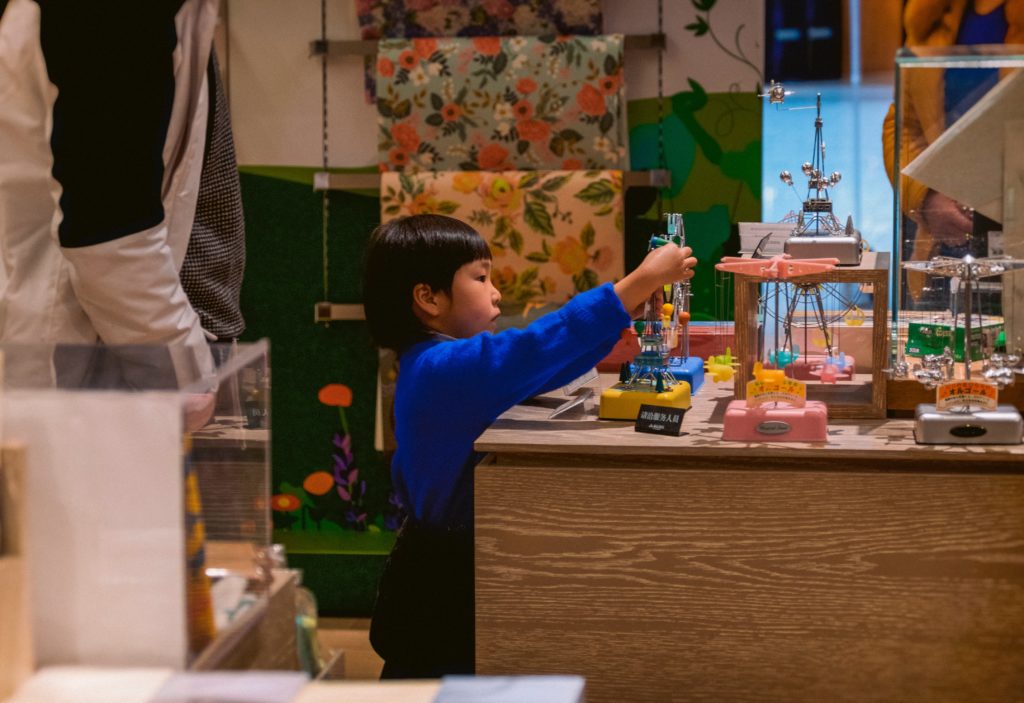[4 minute read]
While studying abroad in Shanghai, I had the incredible opportunity to work with Stepping Stones, a non-profit organization through which I taught English to grade school students at various Shanghai migrant schools. Through my experience, I learned that there is a huge influx of migrants moving from the farmlands and agricultural areas into Chinese cities, with Shanghai having one of the highest concentrations of migrants in China. In recent years, the government created many new schools to provide the children of migrant parents with access to education they might otherwise not receive. In theory, the idea is a good one, but there are still many underlying issues affecting the quality of education these students are receiving.

Stepping Stones placed me at Huabo Lixing Hang School, an elementary school about an hour away from the university campus at which I was studying. When I first arrived, I immediately noticed that the area was much poorer than the area in which I lived in and went to school. I noticed that even the inhabitants looked recognizably different (or distinguishable) from the Shanghainese people I normally saw in the city, probably due to the fact that they originally came from inland provinces such as Anhui, Hunan, and Sichuan.
The government chartered school I worked at clearly stood out from the rest of the environment. Its modern architecture seemed out of place among the surrounding buildings and shops. The classes were packed with students. A normal class size was around 60 which, as one might imagine, made teaching English incredibly difficult. The children were extremely excited to learn, but there were many daily challenges in the classroom. Having so many peers, the students were often rowdy and distractible, and the ones in the back of the classroom had trouble understanding what was occurring at the front. Furthermore, the children were all greatly varied in their English abilities. This is a common characteristic in migrant schools, as students who weren’t born in Shanghai have a wide range of educational history. One of the Chinese volunteers who worked with me in the classroom told me that her elementary school was nothing like this. She said everyone was always well-behaved because parents reinforced their children’s behavior at home. Unfortunately, with parents that often have to work late, these children tended to have very different home lives, and these differences translated into the classroom.
While teaching at this school, I was also taking university classes to complete my study abroad requirement. One of my classes was a sociology class in which we happened to cover the subject of Chinese migrants. Studying this topic in class while seeing the subject first-hand was really eye-opening, as I was able to witness everything I was learning.

When you’re abroad, it’s easy to get wrapped up in the novelty of an unfamiliar city and feel like, as an outsider, you can only have an outsider’s perspective. That’s why I feel so fortunate to have had this hands-on experience and to hopefully have made some sort of contribution to a place that took me in for a semester and challenged me to grow. Although my experience teaching English at Huabo Lixing Hang School was certainly exhausting, it was also extremely rewarding and fun. I know that the difference I made by interacting with the students and providing them with more opportunities to practice their English, though small, will be beneficial in the long run.
Featured Image by Alexander Kaunas on Unsplash
Jasmine is pursuing a major in Psychology and a double minor in Chinese for the Professions and Forensics and Criminality. Born and raised in Palos Verdes, a city about 45 minutes away from USC, Jasmine is extremely fond of hikes at sunset and the beach, where she loves playing beach volleyball. Growing up in a Chinese-Persian family is what initially sparked her interest in languages and the cultures of distant lands, particularly China and Iran. Jasmine studied abroad in Shanghai, which not only helped her improve her Chinese but also allowed her to eat xiaolongbao and drink boba in excess. While abroad in China, she developed lesson plans to teach English to fourth graders at migrant schools and realized how much she loves interacting with people of different cultures. In her free time, Jasmine loves finding new places to eat in LA, playing volleyball, and reminiscing about her travels through Southeast Asia.

